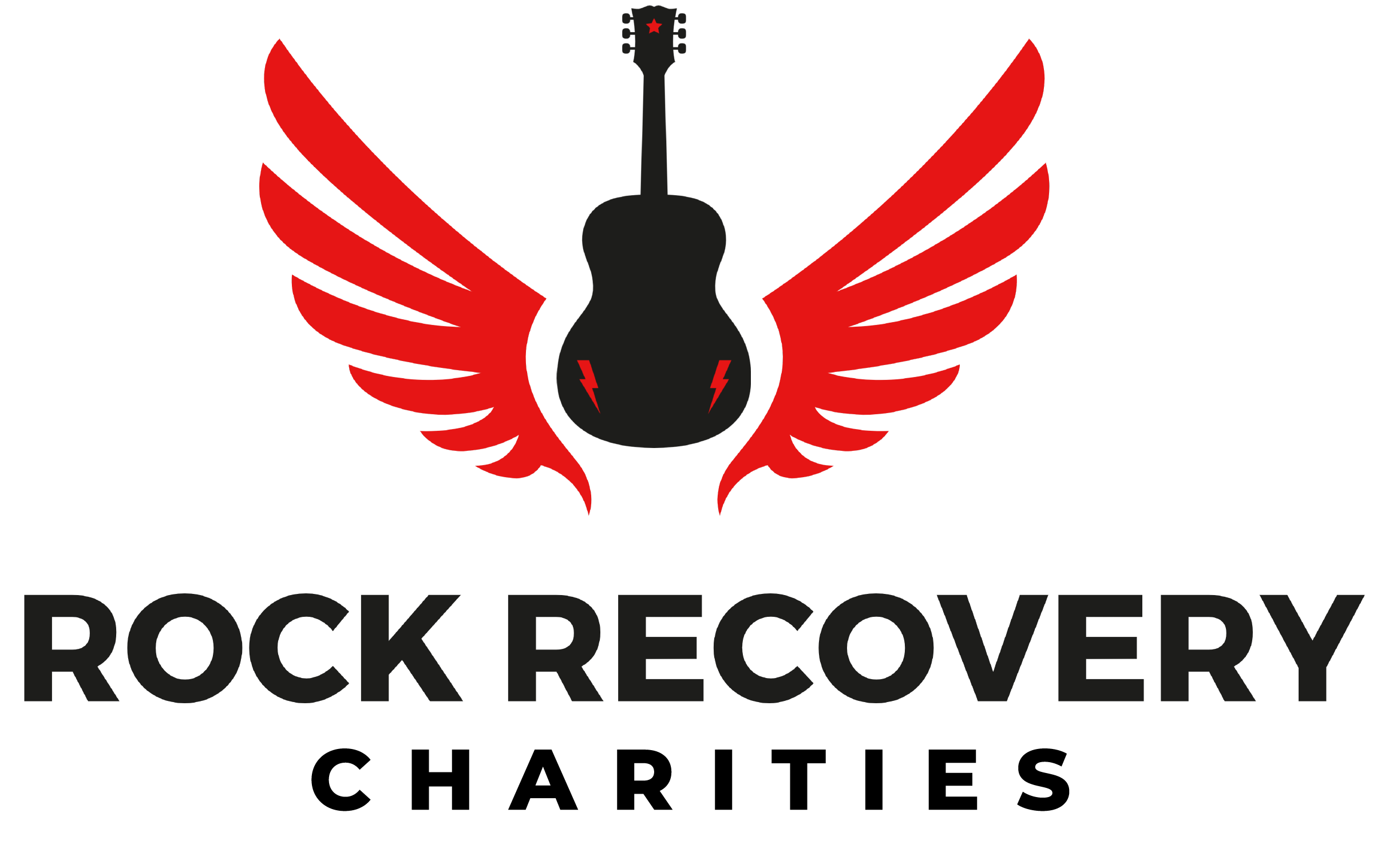Music Therapy
The benefits of music therapy.
The benefits of music go much deeper for those recovering from substance use disorders.
Helps manage pain
Improves quality of sleep
Reduces stress and provides an outlet for relaxation
Improves motivation
Promotes self-awareness
Boosts self-esteem
Encourages self-expression
Strengthens memory and cognitive performance
Decreases symptoms of depression and improves mood
Boosts workout performance
our music therapy approach
Key Program Benefits:
Emotional Expression
Music allows participants to process emotions and express themselves in non-verbal ways.
Sense of Accomplishment
Learning an instrument or writing a song gives participants a tangible sense of progress, building confidence.
Community Building
Collaborative music-making fosters connections and a sense of belonging.
Healing and Mindfulness
The process of making music encourages mindfulness, relaxation, and stress relief, all of which are valuable in recovery.
This program can be adapted based on the specific needs and preferences of the participants, but its essence lies in using music as a healing and empowering tool.
our music therapy approach
Key Program Benefits:
Emotional Expression
Music allows participants to process emotions and express themselves in non-verbal ways.
Sense of Accomplishment
Learning an instrument or writing a song gives participants a tangible sense of progress, building confidence.
Community Building
Collaborative music-making fosters connections and a sense of belonging.
Healing and Mindfulness
The process of making music encourages mindfulness, relaxation, and stress relief, all of which are valuable in recovery.
This program can be adapted based on the specific needs and preferences of the participants, but its essence lies in using music as a healing and empowering tool.

